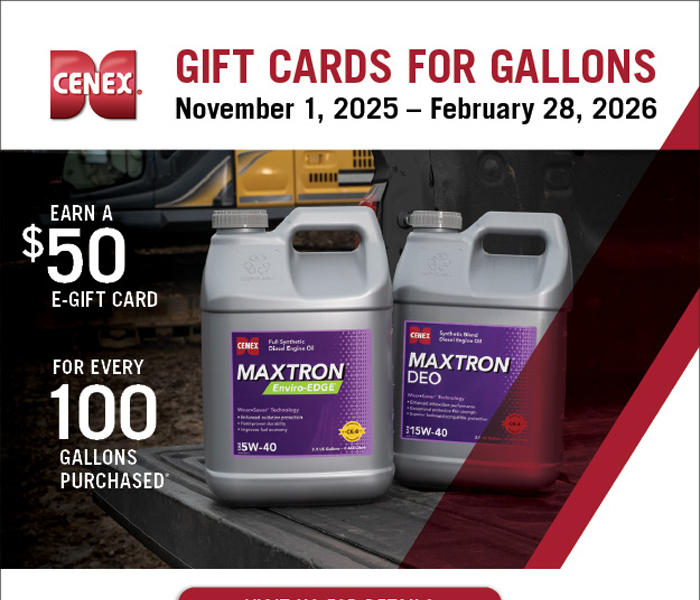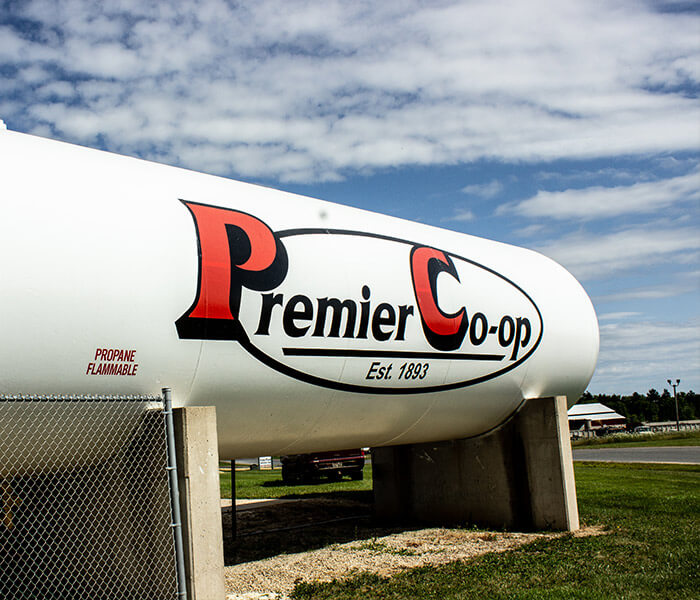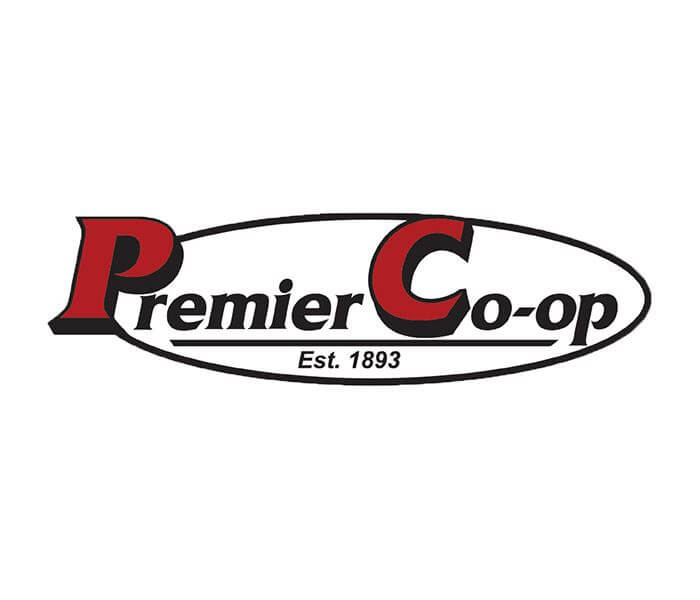March 2025
I’m calling winter over. Stick a fork in it. It’s done. Now that it’s behind us, that wasn’t so bad, was it? The lack of snow most of the winter made it easier to deliver propane to our customers and cut down on slip, trip and fall injuries. Other than the last few weeks in February, we got off pretty easy with little snow and cold temperatures. Here’s my unsolicited investment advice for the month. Don’t own snowmobiles. I like to think that my life serves as a warning to others.
The propane market has started to settle down again. Things got a little wild in January and February with the cold snaps. It created some supply challenges but through the relationships with suppliers that we have cultivated over the years, we had plenty of supply, unlike some of our competitors.
If you contracted your propane with us this winter, you made the correct decision. I know I sound like a broken record but when we give you the opportunity to lock in your propane price for the winter, jump on it. I know we all hope that propane prices will drop in winter, but as a wise army sergeant once told me, hope is not a course of action. Prices dropping in winter have gotten rarer than rocking horse manure.
I’ve got the latest rebates from the Wisconsin Propane Education and Research Council (WiPERC). There are a few stipulations with the rebates, so please be sure to reach out with any questions.
- $350 new propane furnace
- Must be new construction or a replacement of a furnace that uses a different type of fuel (i.e., fuel oil or electric)
- Propane furnace replaced by a propane furnace does not qualify
- $350 new propane water heater
- Can be a replacement of a propane water heater as well as other types of fuel or new construction
- $300 - new propane fireplace, propane clothes dryer or propane kitchen range
- Can be a replacement of an existing propane appliance
Lastly, if you are interested in locking in your diesel fuel prices before planting season, please give Shane a call at (608) 504-6281. We only use top of the line Cenex fuels. As always, thank you for your business.
Tim Lease
Division Manager




